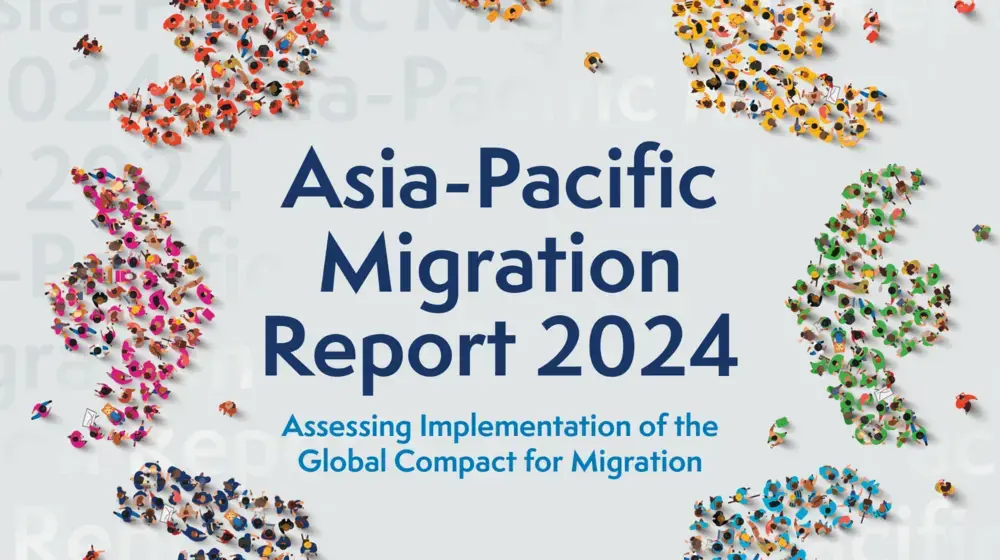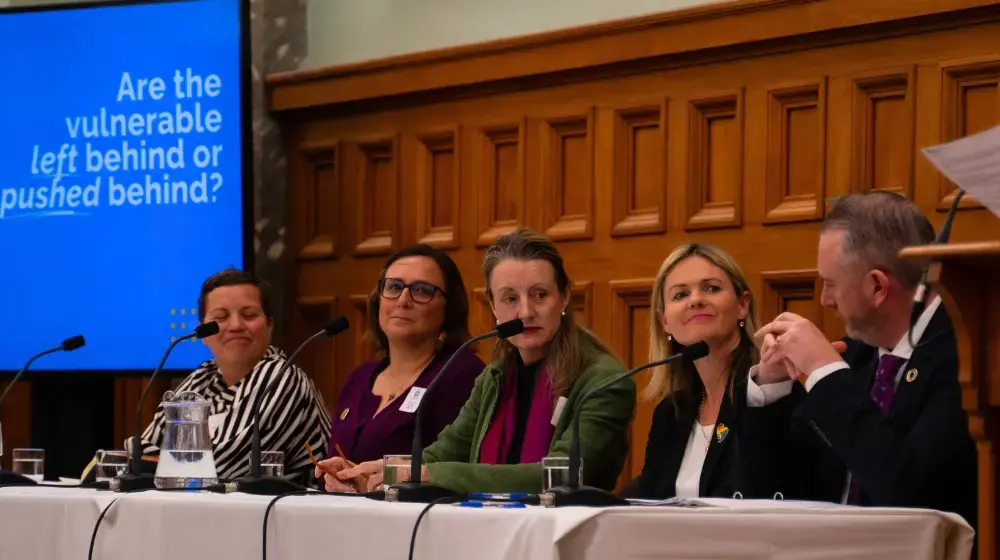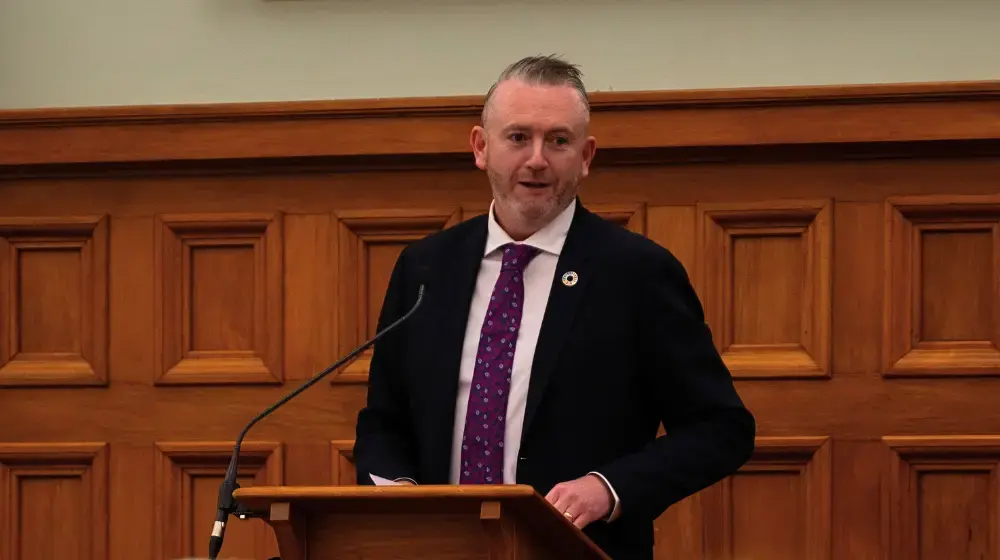BANGKOK (ESCAP) – Leading statisticians and senior officials from 41 Asian and Pacific countries agreed Friday to ambitious steps to improve environment and social statistics, critical in the context of the post-2015 development agenda, and endorsed a strategy to improve civil registration and vital statistics (CRVS) systems in the region.
These decisions at the Committee on Statistics convened by the United Nations Economic and Social Commission for Asia and the Pacific (ESCAP) from 12 to 14 December were coupled with commitments to improve economic and agricultural statistics as the Committee unanimously endorsed tangible plans to move those two regional agendas forward.
Speaking at the opening, ESCAP Executive Secretary Noeleen Heyzer declared: “Statistics alone do not feed the hungry, create jobs, or change lives, but they can help us to see new options and better target our actions to build a more inclusive and sustainable Asia-Pacific region.”
Thailand's Minister of Information and Communication Technology Anudith Nakornthap acknowledged the high importance of statistics, stating: “A regional solution will strengthen economic, population, social, agricultural and environment statistics, as well as improve coordination of statistical capacity-building, with the ultimate goal of improving peoples lives.”
The agreement on a core set of population and social statistics carries considerable significance for the development of national statistical systems in Asia and the Pacific, and is a global milestone in social statistics development.
The steps to improve environmental statistics could ultimately encompass the development of an Asia-Pacific strategy within the framework of the outcomes of the Rio+20 conference held earlier in 2012.
The Committee’s endorsement of the regional strategic plan on the improvement of CRVS reinforced the outcomes from the High-level Meeting on this issue held in Bangkok from 10 to 11 December under the ‘Make Every Life Count’ initiative. The Committee reiterated the need for high-level commitment on the improvement of CRVS and called for a meeting of relevant ministers and development partners to address this.
Dysfunctional CRVS systems hamper inclusive and sustainable growth. The millions of men, women and children who do not have registration in the region are legally invisible and exposed to exploitation, including human trafficking. The ‘Make every life count’ strategy contains country and regionally supported activities that allow governments to take the necessary steps to strengthen their CRVS systems.
The Committee on Statistics is a biennial meeting of heads of national statistical offices and government representatives from ESCAP’s 62 member and associate member States.
For further information, contact: Francyne Harrigan, ESCAP, harriganf@un.org, mobile +66 81 835 8677.




